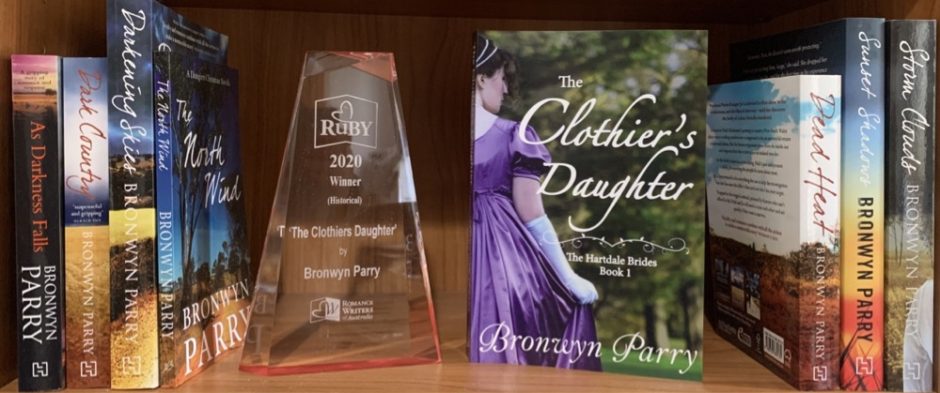Although reading itself is a solitary activity, there’s a phenomenal range of social activity around reading. People talk about books with friends and family, lend books, comment on or review books in blogs and online forums, and many, many people are members of book clubs or reading groups. Reading groups vary from group to group, from formal and scholarly to primarily social groups that might, or might not, get around to actually discussing books – and all points in between! Some groups focus on ‘literary’ books, others read across a range of genres. I know of several people who are members of more than one reading group, enjoying different aspects of each group.
This vibrancy around books is wonderful, and integral to the role of books, reading, and storytelling in our culture. Despite all the ways in which authors and publishers can promote their books, word-of-mouth and recommendation from friends are still the among the most important influences for readers choosing a book to try. I think that’s a sign of a healthy society 🙂
The only thing that saddens me is the subtle (and often unsubtle) pressures about which books are ‘worthy’ of reading. This isn’t confined to the literary pages of newspapers, or the halls of universities, but seeps down through our society so that people are often hesitant to talk about reading ‘popular’ fiction, for fear of censure or ridicule. That’s NOT good.
I believe popular fiction, including genre fiction, is every bit as worthy of discussion and analysis as ‘literary’ fiction. It may not concern itself to the same conscious degree with themes, language, and Big Ideas, but authors use a wide range of skills, story conventions, ideas, and mix them with imagination to create something unique. Certainly some have more ‘skill’ or ‘originality’ than others and some more consciously use literary conventions. Popular fiction tells us a lot about ourselves, as individuals and societies, and the vast majority of it CAN stand up to analysis and reveal layers beyond the story itself. I’d love to see more popular fiction on high school curriculums. For example, Australian thriller writer Matthew Reilly’s books would not only be appealing to teenage boys, but would make a great starting point for discussions about masculinity, leadership and courage – as well as for analysis of novel structure, pacing and story development, as Reilly purposely uses a film-like structure for his books.
I know of at least one book club/reading group that will be reading my second book, Dark Country, this month. With input from my publisher and a friend or two, I’ve put together some reading group notes for both As Darkness Falls and Dark Country. They’re designed as ideas for starting points for discussion, not as definitive analysis of the book. You and your group may have different perspectives and read the book far differently from me, which is perfectly natural! A book is as much about what the reader takes from it as what the author thinks they’ve put into it 🙂 I’m interested in the whole reading-text relationship, so if you have discussed either book, I’d love to hear what you thought of it, and what you read into it.
And if your reading group is reading either book, and you’d like me to send bookmarks and/or signed bookplates, then have one member of the group contact me with the details via the contact form on the About page, and I’ll arrange to send them.
